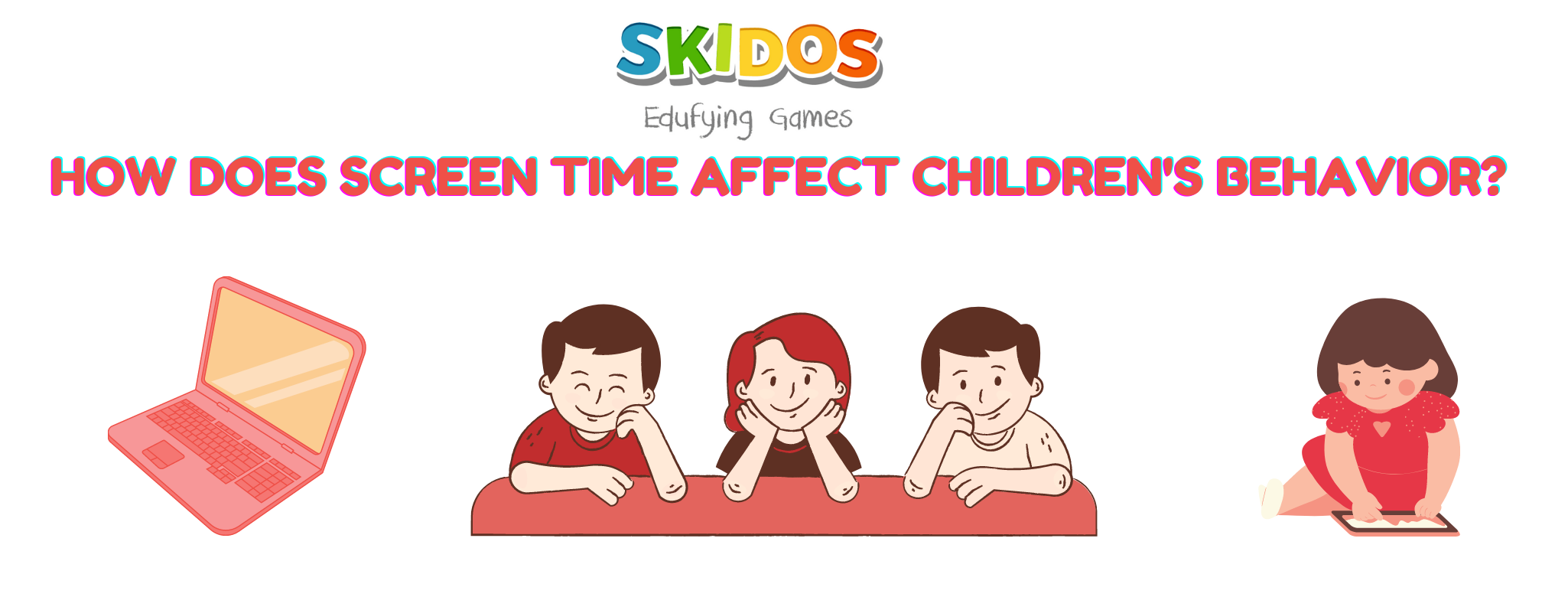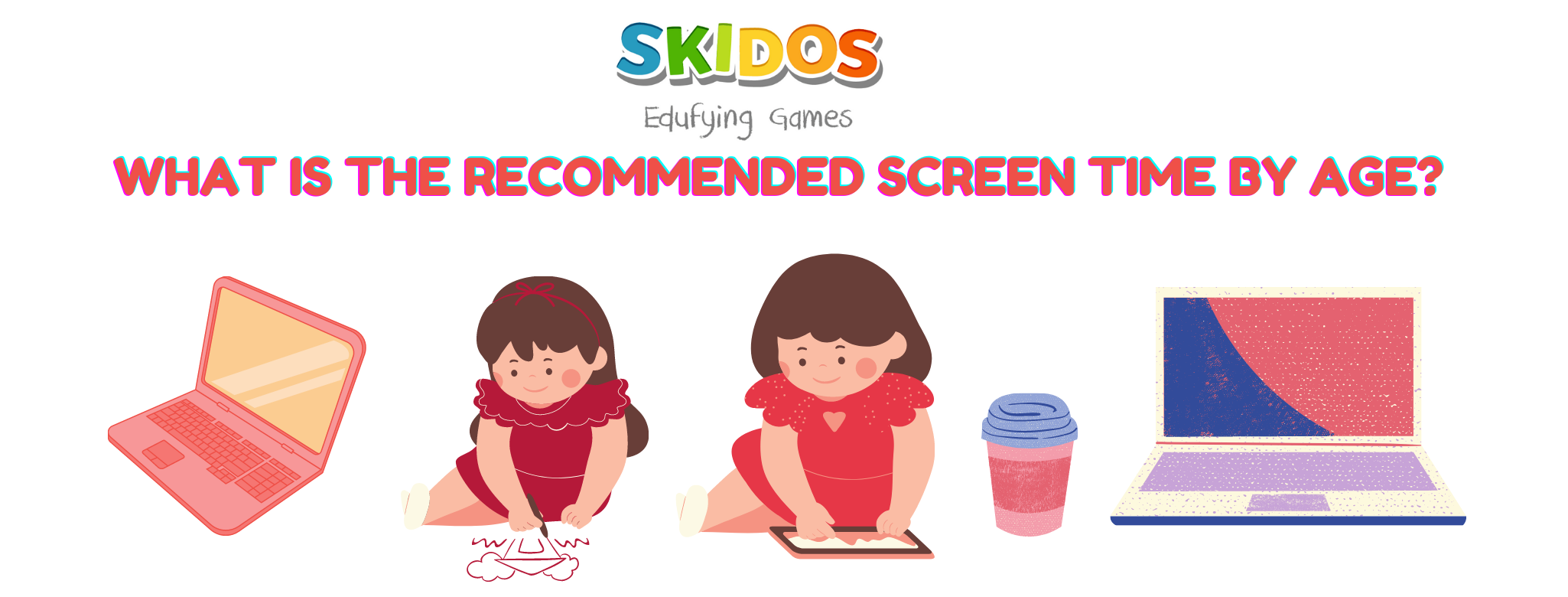As parents, we are often confused about whether we should allow our children to experiment and learn to use technology at such an early age. After all, we didn’t need or use it growing up, and we turned out great, right? However, times are changing, and children are learning to use technology faster than we ever have.
With screens virtually everywhere, controlling a screen time for kids can be a challenge. To complicate matters, some device time can be educational for children as well as supporting their social development. So how do you manage your child’s screen time? This is complete monitor and guide for your child.

How does screen time affect children’s behavior?
Young children love drawing pictures using simple drawing programs on computers and iPads. Since your preschooler is learning numbers and letters, using a word processing game or software can be fun. In fact, there are tons of interesting games and lots of educational content that you can download for every age group.
Since this is the age when he/she is developing cognitive skills rapidly, your child will quickly get addicted to games that have a right and wrong answer, matching colours/shapes, animal related and basic strategy games that take him a level higher. The cause and effect relationship slowly becomes obvious and hooks your little one in.
| >>> You might also interested in: Personal Hygiene For Kids: How to Teach Effectively?
Yes, computer games and programs can be fun and educational for children. Studies show that for children between 5-7 years old, screen time (including TV, DVDs, ipad and Computers) should not exceed two hours a day. This is because:
- Young children learn best on interaction with others. It helps develop language and social skills.
- Lifetime habits are often developed during these formative years. It isn’t in your child’s best interest to rely on a computer for something to do or to kill boredom.
- Although using computers may stimulate imagination and creativity, they do need to explore the real world and pretend play.

What are the negative effects of screen time for kids?
Parents may not always know what their children are viewing, or how much time they are spending with screens. Children may be exposed to:
- Violence and risk-taking behaviors
- Videos of stunts or challenges that may inspire unsafe behavior
- Sexual content
- Negative stereotypes
- Substance use
- Cyberbullies and predators
- Advertising aimed at your child
- Misleading or inaccurate information
Too much screen time for kids may lead to:
- Sleep problems
- Lower grades in school
- Reading fewer books
- Less time with family and friends
- Not enough outdoor or physical activity
- Weight problems
- Mood problems
- Poor self-image and body image issues
- Fear of missing out
- Less time learning other ways to relax and have fun

What is the recommended screen time for kids by age?
- Until 18 months of age limit screen use to video chatting along with an adult (for example, with a parent who is out of town).
- Between 18 and 24 months screen time should be limited to watching educational programming with a caregiver.
- For children 2-5, limit non-educational screen time to about 1 hour per weekday and 3 hours on the weekend days.
- For ages 6 and older, encourage healthy habits and limit activities that include screens.
- Turn off all screens during family meals and outings.
- Learn about and use parental controls.
- Avoid using screens as pacifiers, babysitters, or to stop tantrums.
- Turn off screens and remove them from bedrooms 30-60 minutes before bedtime.
| >>> You might not know about: Mindful Parenting: 9+ Great Benefits
You can help your child on journey in digital literacy, and here’s where you can start:
- Whenever your little one is spending time on a computer/device, sit with him/her and show interest. Explain what is happening on screen, and suggest what to do next.
- Rather than just passively talking, ask questions. “How do you play this?” “What happens if you move this item here?”
- Download software that fosters creativity, such as making up stories or rhymes. It will allow your children to express things that they don’t have the words for. Help your child to choose a background, character, etc.
- Encourage your kids to play with siblings and friends, for example a dual player game.
- Lay down the rules in terms of how much time is allowed. Too much computer time causes eye strain, back/waist problems, headaches and hand injuries to your young one.
Join us with unlimited games for your Kids!
Subscribe to the SKIDOS Platform for Unlimited Playful Learning of Learning Games for Kids!
With a SKIDOS subscription, your kids can enjoy unlimited access to all of our learning games without any daily limits. With easy-to-access weekly reports, you can keep an eye on their progress, too. Subscribe now & help your child improve their Math and Reading skills!







